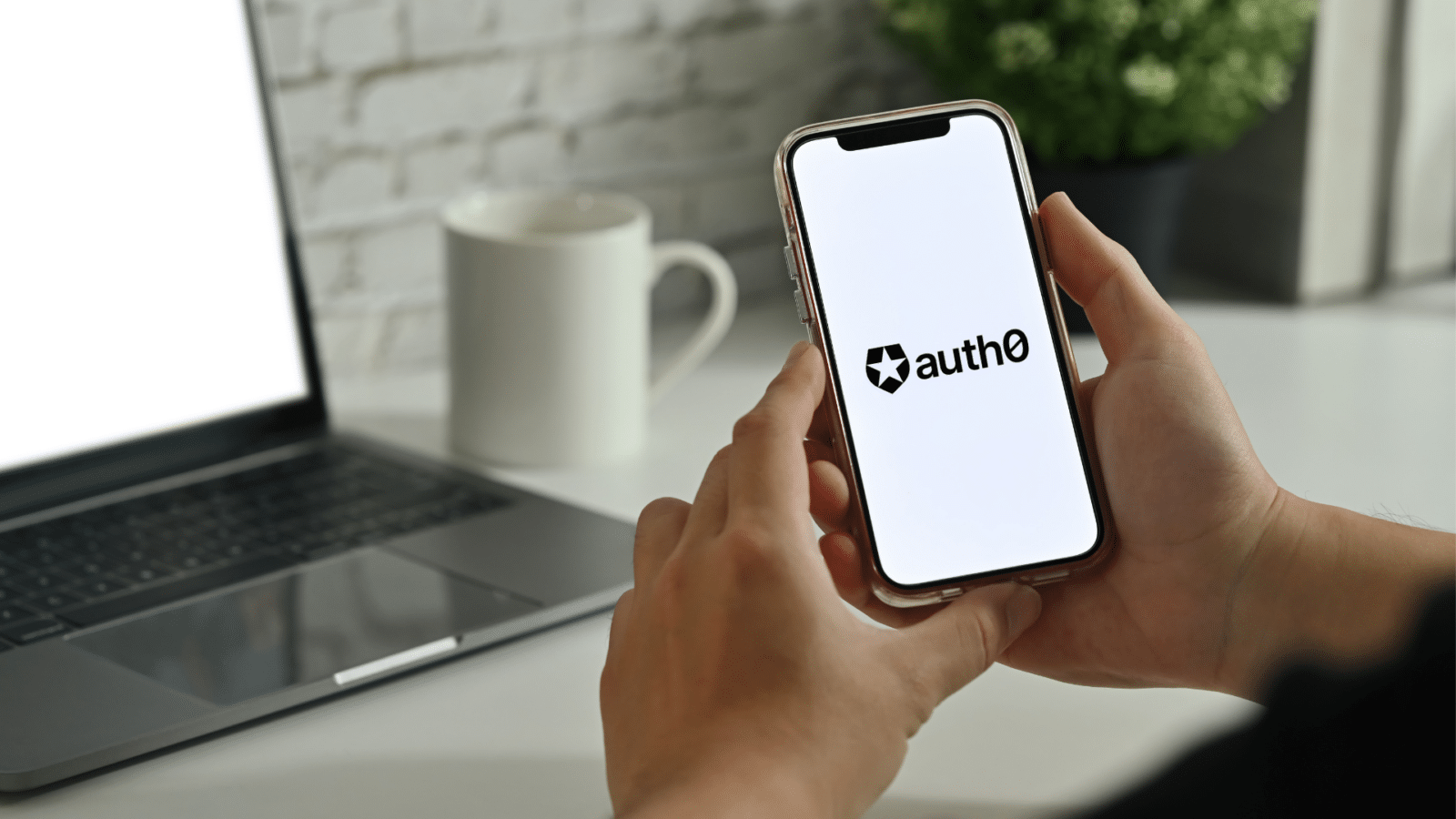
Efficiency is increasingly becoming the difference between success and failure in the fiduciary sector. Today, there are hundreds of tools that are supposed to ensure more productivity in everyday work. We asked our development team which solutions make them work more productively and present seven tools for a more efficient way of working in this blog post.
Given the ongoing skills shortage in the fiduciary industry, the weak economic forecast for the coming quarters, cost cutting in many SMEs and the economic uncertainty in large parts of Europe, efficiency in the fiduciary industry has become an even more important competitive advantage. What does efficiency mean in the business world? According to the business dictionary, efficiency is an “assessment criterion used to check whether the chosen measure has also achieved the predefined goal”. In this way, the company maximises its own advantages. Efficiency is therefore the most sensible use of available resources to achieve the company’s goals.
In countries with high labour costs, such as Switzerland, staff salaries are often one of the biggest cost items. Fiduciary companies should therefore make every effort to provide their professionals with a working environment that allows them to work efficiently. We asked our development team which tools increase their productivity in their daily work.
Please note: The tools in the list below are only intended as recommendations. You and your team should evaluate together which apps and software can help you to be more productive.
These productivity tools are recommended by Accounto employees
One of our developers uses a device for an efficient and focused way of working that probably all trustees already own: the smartphone. He uses it to create reminders for important dates and deadlines and sets a timer for so-called focus work during which he does not want to be disturbed.
The project management software Basecamp allows small teams in particular to work more agilely and make faster progress. This collaboration tool enables geographically dispersed teams to work together in real time, organise their work in a central location and communicate easily at the same time. For example, trustees could use Basecamp to manage all discussions.
With the free drawing programme draw.io you can create diagrams to visualise processes and structures without much effort. The tool contains helpful templates and symbols. According to our development team, draw.io is very practical for making additions and explanations on screenshots. For example, fiduciaries could use draw.io if their clients have questions about the use of their accounting or fiduciary software.
The visual collaboration platform Miro also allows you to easily visualise workflows and processes. Over 60 million users worldwide appreciate Miro as an online whiteboard for real-time collaboration. Especially for teams with a hybrid way of working, Miro is suitable for working together on strategy projects and visualising abstract concepts. You could illustrate process optimisations with Miro so that your team can understand them better.
The linked workspace Notion helps you to keep an overview of larger tasks and to bundle knowledge. For trust companies, Notion is ideal for storing information on internal processes.
With the web-based password manager LastPass, you can simplify password management by only having to store passwords once so that it is available on all devices. In addition, LastPass allows you to keep track of password security in your trust. Another team member, on the other hand, recommends the open source password manager Keepass for secure password management, which stores all your passwords in a secure database.
The digital communication tool Slack reduces the number of internal emails and allows uncomplicated messages and calls within your team. But you can also invite your clients to selected Slack channels and exchange ideas with them. For hybrid teams, it is advisable to open an informal Slack channel for content not directly related to work, so that employees can exchange information without obligation.
Caution: Although Slack allows you to hold online meetings, set up automatic reminders, create links to Google Drive and access all shared files and documents via an intuitive search function, Slack is not sufficient as a collaboration solution for fiduciary companies.
The digital communication tool Slack reduces the number of internal emails and allows uncomplicated messages and calls within your team. But you can also invite your clients to selected Slack channels and exchange ideas with them. For hybrid teams, it is advisable to open an informal Slack channel for content not directly related to work, so that employees can exchange information without obligation.
Caution: Although Slack allows you to hold online meetings, set up automatic reminders, create links to Google Drive and access all shared files and documents via an intuitive search function, Slack is not sufficient as a collaboration solution for fiduciary companies.
How fiduciary companies can guarantee data protection in the digital age
With the Swiss fiduciary software Accounto, on the other hand, your data and that of your clients is kept in Switzerland and secured in a Tier 3 data centre. A Tier 3 data centre has several paths for power supply and cooling as well as systems for updating and maintenance work that can be carried out during operation. The expected availability is 99.98 percent. Your data remains in Switzerland at all times and is fully subject to Swiss data protection laws. As a software provider, Accounto takes care of cyber security as well as backups and creates an IT emergency plan (disaster recovery). This means that your fiduciary company will not lose any data even in the event of hacker attacks, floods and other IT disasters.
Experience now how the Accounto fiduciary software makes you and your team work more efficiently.




